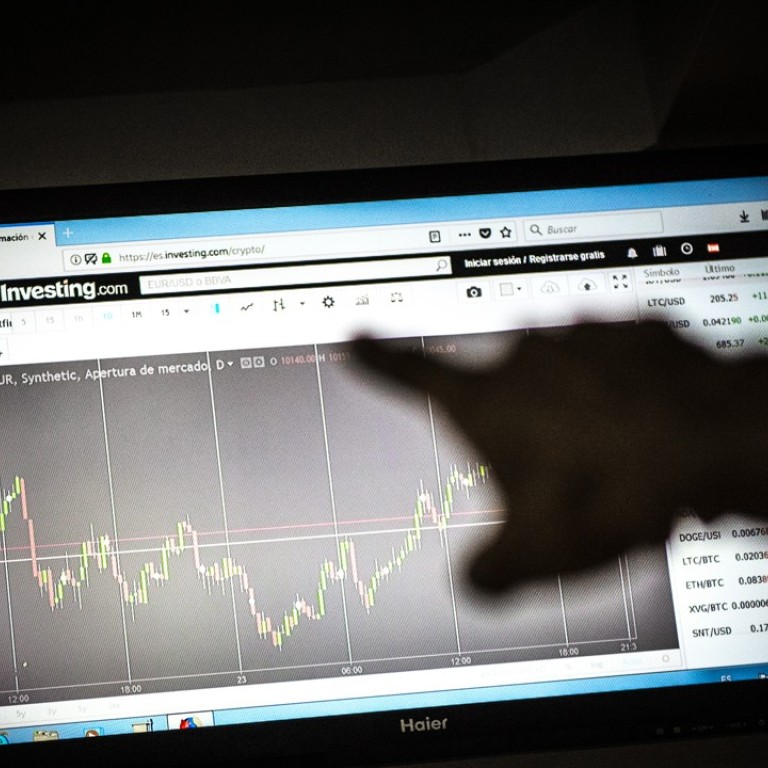
China prosecutes 98 people, recovers US$268 million in OneCoin cryptocurrency investigation, report says
Prosecutions were the result of a two-year investigation of cryptocurrency scheme involving huge sums
A local Chinese procurator’s office prosecuted 98 people and recovered 1.7 billion yuan (US$267.5 million) in connection with an alleged cryptocurrency pyramid scheme involving OneCoin, according to a report by China’s state-owned newspaper Procuratorial Daily.
The alleged pyramid scheme, which is thought to involve up to 15 billion yuan (US$2.4 billion), had been under investigation since July 2016 and was supervised by the Ministry of Public Security. Companies associated with OneCoin, the cryptocurrency founded by Ruja Ignatova, are being investigated in the UK, US, Ireland, Italy, Canada and the Ukraine.
The OneCoin scheme involved 20 provinces in China. Details of the case are “complicated,” and the amount involved is “huge”, according to the report. The final four suspects in the case had been prosecuted, said the report.
A suspect called Fu was initially arrested at the end of 2017 by the local procurator’s office after selling OneCoin in Dunhuang, a city in the northwestern Chinese province of Gansu, on the edge of the Gobi Desert, according to a posting on the procurator office’s web site. At around the same time, 33 defendants were sentenced to four years in prison, and fined between 10,000 and 5 million yuan (US$1,565 to US$783,000).
Last September, Chinese regulators banned Initial Coin Offerings (ICOs), describing them as an unauthorised illegal fundraising activity. During the same month, Chinese regulators also ordered Chinese cryptocurrency exchanges to cease trading.
ICOs are a form of crowd-sourced fundraising by which companies exchange their newly created cryptocurrencies – called tokens – for payments in an existing currency, usually an established cryptocurrency such as Ethereum or Bitcoin. ICO investors profit when their tokens gain in value at a faster rate than the currency they used to pay for them.
“Public documents show that cases about Bitcoin or Ethereum accounts being stolen have rarely been accepted by Chinese police since last September,” said Jack Ding, partner at Beijing-based law firm Duan & Duan. “This is because the police think it’s hard to determine the real value of the stolen crypto properties.” However, the OneCoin case falls into the category of an alleged internet pyramid sales scheme, which makes it different to the stolen cryptocurrency cases, said Ding.

